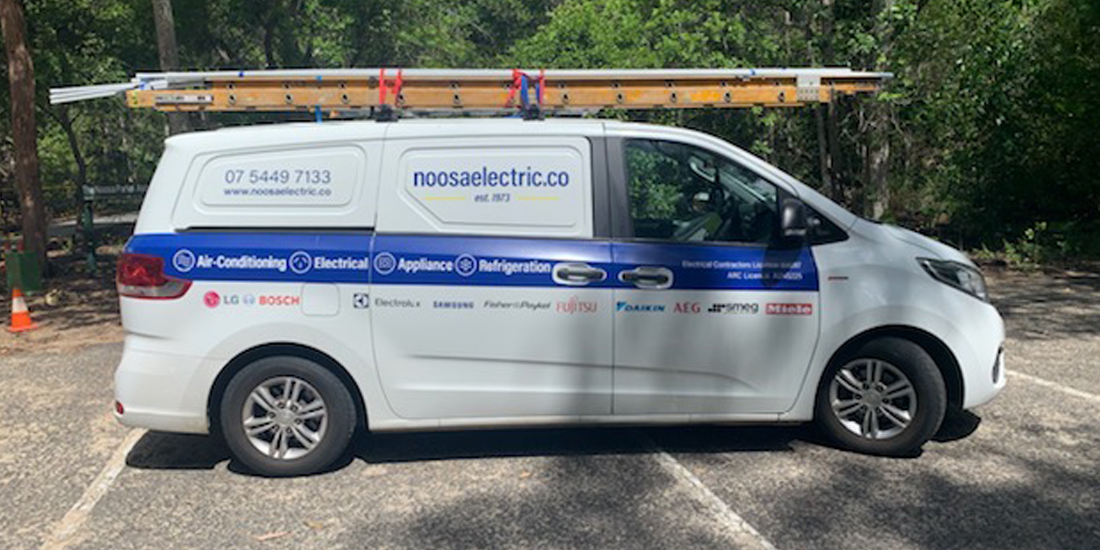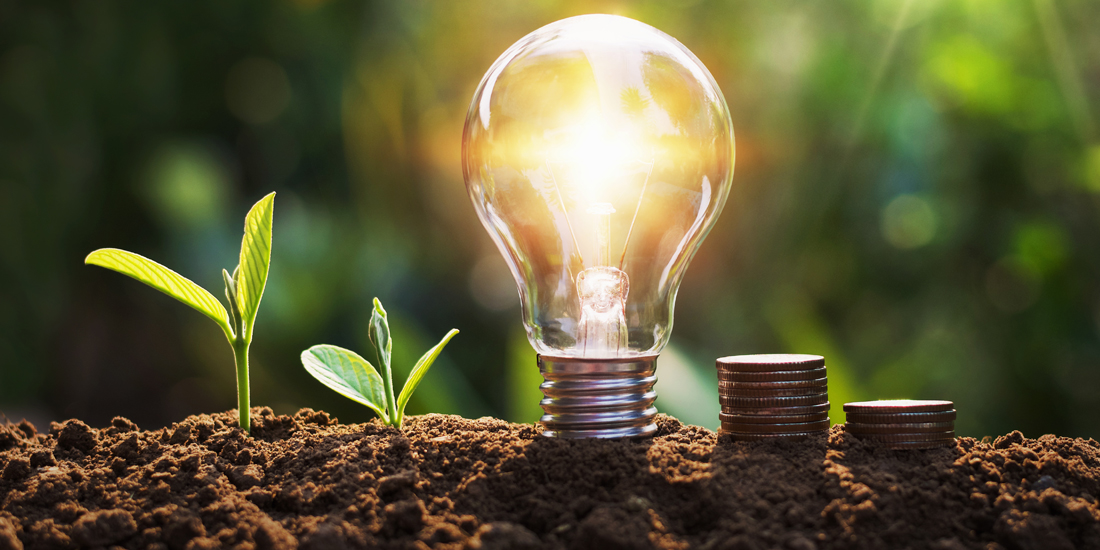Whether it’s the heat of summer, the middle of winter or any other time of year, one of the easiest and best ways to save energy is to change our energy habits. There are many small but significant changes you can make to save energy – let’s check them out in this article.

Is There Another Way?
Chris Barnes from Choice [SRC: https://bit.ly/3Pl1WUe] says the cheapest heater “is the one you don’t run in the first place”. In other words, replacing an energy-based solution with a low-tech option is one way to cut costs. For example, rugging up rather than turning on a heater.
Powering Down
A major and obvious first step is to ensure that energy that isn’t needed isn’t being used. Making the effort to turn off lights, electronics, and appliances when they are not in use can yield significant energy savings over time. Additionally, utilizing natural light whenever possible by opening curtains or blinds during the day reduces reliance on artificial lighting, further lowering electricity consumption.
Standing Down
Reducing standby power consumption by unplugging electronics can also make a considerable difference. Many devices continue to draw power even when turned off, contributing to unnecessary energy waste. By unplugging chargers, electronics, and appliances when not in use, individuals can minimise standby power consumption and trim their electricity bills.

Optimising Heating & Cooling
Using a more moderate approach to heating and cooling enables heating and cooling that is more energy efficient. For example, we set the thermostat of the air conditioning unit at our HQ to an efficient 24C in summer and 22C in winter. This moderate approach doesn’t use up as much energy as an approach that uses extremely high or low temperatures.
Daikin say:
When it comes to cooling in summer, increasing the temperature by 1 degree can also reduce your energy use by 5 to 10%. [SRC: Daikin]
Reduced energy use translates to savings on your electrical bill, so this is a handy tip to keep in mind as we swelter our way through summer.

Energy-Efficiency in the Kitchen
Furthermore, practicing energy-efficient cooking methods, such as using lids on pots and pans, matching cookware sizes to burner sizes, and utilizing microwave ovens or toaster ovens for smaller meals, can help conserve energy in the kitchen.
Purchase Quality Items
Appliances come in a wide variety of costs and capabilities. At the time of purchase a cheaper appliance may seem like a good idea, but the benefits of going with a quality brand will continue to serve you well for a much longer time. A key benefit is energy efficiency. Familiarise yourself with ratings systems, and check out the differences in energy efficiency in the available options.
[SRC: QLD Gov’t]
Learn More About Energy Efficiency Solutions
Please contact our team to learn more about energy efficiency at home:
